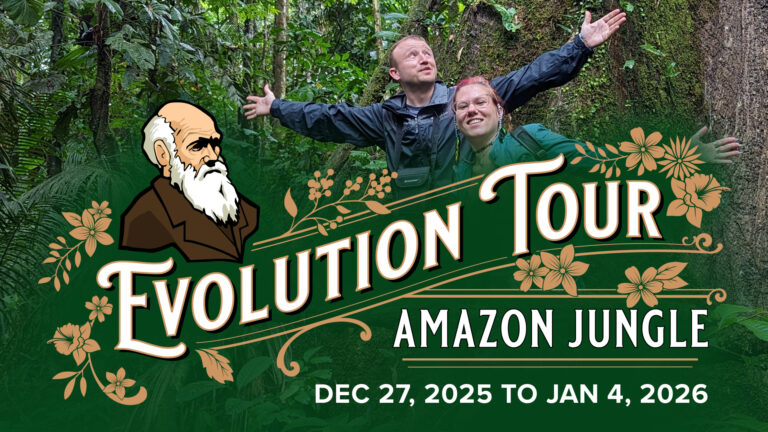Overview
We often think of aliens as space monsters or little green men with laser guns, but what might alien life actually be like?
Here, we take a look at NASA’s definition of life, and see how it’s being used in the exploration of the cosmos — as well as in the chemistry lab — as researchers search for a possible pathway from simple chemistry to living cells.
For Teachers
The content of this video meets criteria in the following Disciplinary Core Ideas defined by Next Generation Science Standards. Use our videos to supplement classroom curriculum.
Contributors
Our videos benefit from guidance and advice provided by experts in science and education. This animation is the result of collaboration between the following scientists, educators, and our team of creatives.
Team
- Jon Perry
- Jeremiah Deasey
- Anthony Danzl
- Rosemary Mosco
- Jordan Collver
- Tyler Proctor
Advisors
- Christopher Parsons, MSc
- Eric T. Parker, PhD
- Ram Krishnamurthy, PhD
- Nicholas V. Hud, PhD
Sources
Biochemist Steven Benner’s book, Life, the Universe, and the Scientific Method, is the most comprehensive look at NASA’s definition as it applies to space exploration and the chemistry of life’s origin. I highly recommend it! Here is a shorter paper he did on the subject.
Dissenting Views On Nasa’s Definition Of Life
Scientists and philosophers are a wild bunch of free-thinkers; as such, not everyone jumped on-board when NASA put forth their definition:





